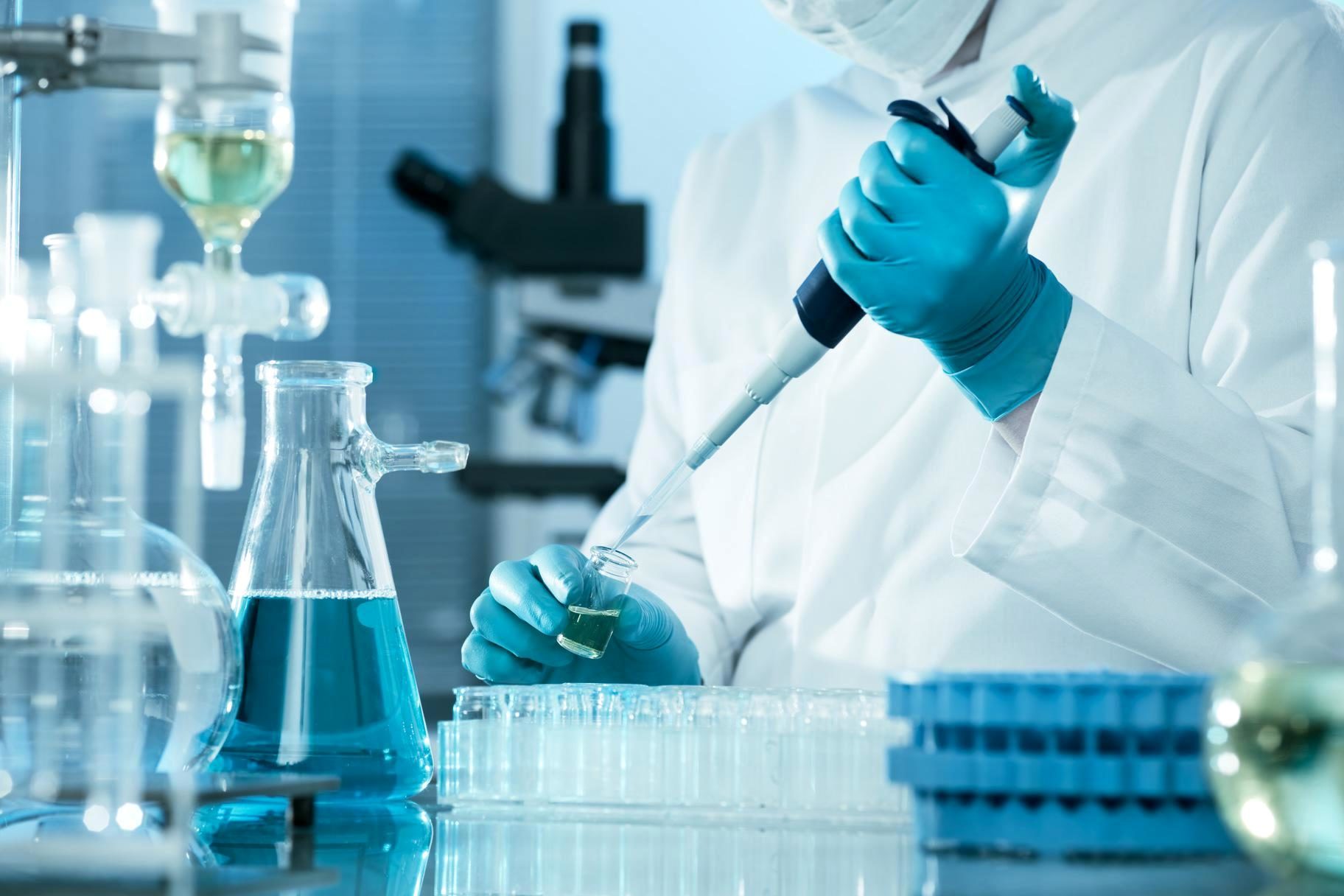SAE J2649 Hydrogen Fuel System Chemical Safety Test
The SAE J2649 Hydrogen Fuel System Chemical Safety Test is a critical procedure designed to evaluate the chemical compatibility and stability of materials used in hydrogen fuel systems. This test ensures that all components, including storage tanks, conduits, seals, and connectors, can safely withstand exposure to hydrogen gas without degrading or causing leaks over time.
The test protocol outlined by SAE J2649 is essential for automotive manufacturers seeking to comply with stringent safety regulations applicable to hydrogen fuel cell vehicles. Compliance with this standard helps reduce the risk of chemical reactions that could lead to system failures, which might result in hazardous situations such as leaks or explosions.
The testing process involves subjecting samples to specific conditions intended to mimic real-world operational environments. Hydrogen gas is introduced into a sealed test chamber containing the sample material under controlled pressure and temperature settings. The duration of exposure varies depending on the type of material being tested, but it typically ranges from 100 hours to several months.
During testing, various parameters are continuously monitored using advanced analytical instruments capable of detecting even trace amounts of chemical changes within the material structure. These measurements include changes in weight, coloration, hardness, and mechanical properties such as tensile strength and elongation.
The SAE J2649 test aims to identify potential issues early in the product development cycle by providing quantitative data on how well different materials perform under specified hydrogen exposure conditions. This information enables engineers to make informed decisions about material selection, design modifications, or process improvements aimed at enhancing overall safety and reliability.
By adhering to this rigorous testing procedure, automotive manufacturers can ensure that their hydrogen fuel systems meet not only regulatory requirements but also exceed industry expectations for performance and longevity. The resulting products are more robust, safer, and better suited to withstand the challenges posed by hydrogen fuel technology advancements.
- Compliance with SAE J2649 ensures adherence to international safety standards, promoting trust among consumers and stakeholders alike.
- Testing helps manufacturers identify weak points in their designs early on, allowing for prompt corrective actions before large-scale production begins.
- The detailed data provided by this test allows companies to optimize material usage effectively while minimizing waste throughout the manufacturing process.
In summary, the SAE J2649 Hydrogen Fuel System Chemical Safety Test plays a pivotal role in safeguarding public safety and fostering innovation within the automotive industry. By rigorously assessing hydrogen compatibility across various materials, this test contributes significantly to advancing safer fuel cell vehicle technologies.
Applied Standards
The SAE J2649 Hydrogen Fuel System Chemical Safety Test is based on the guidelines provided in SAE J2649:01, which specifies procedures for determining chemical compatibility and stability of materials used in hydrogen fuel systems. This standard aligns with broader international safety frameworks like ISO 15873 and ASTM D7496, ensuring consistency across different industries.
Manufacturers relying on SAE J2649 should consult these references to ensure their testing protocols are up-to-date and compliant with the latest industry best practices. By doing so, they contribute to maintaining high standards of safety in hydrogen fuel systems, which is crucial for both consumer protection and environmental sustainability.
Eurolab Advantages
EuroLab, a leading provider of automotive testing services, offers unparalleled expertise in conducting the SAE J2649 Hydrogen Fuel System Chemical Safety Test. Our team of experienced engineers and technicians ensures that every test adheres strictly to international standards while leveraging cutting-edge technology.
We employ state-of-the-art equipment capable of providing precise measurements and comprehensive data analysis, ensuring accurate results. Our laboratories are equipped with climate-controlled facilities where tests can be conducted under precise conditions replicating real-world environments.
At EuroLab, we pride ourselves on delivering reliable test reports promptly. These documents include detailed descriptions of the testing process, observed changes in materials, and recommendations for improvements if necessary. By choosing us, clients receive not only compliance but also valuable insights into enhancing their products' performance and safety.
In addition to our technical capabilities, EuroLab is committed to providing exceptional customer support throughout the entire testing process. Our dedicated staff offers assistance with sample preparation, interpretation of results, and advice on how best to address any issues identified during testing.





